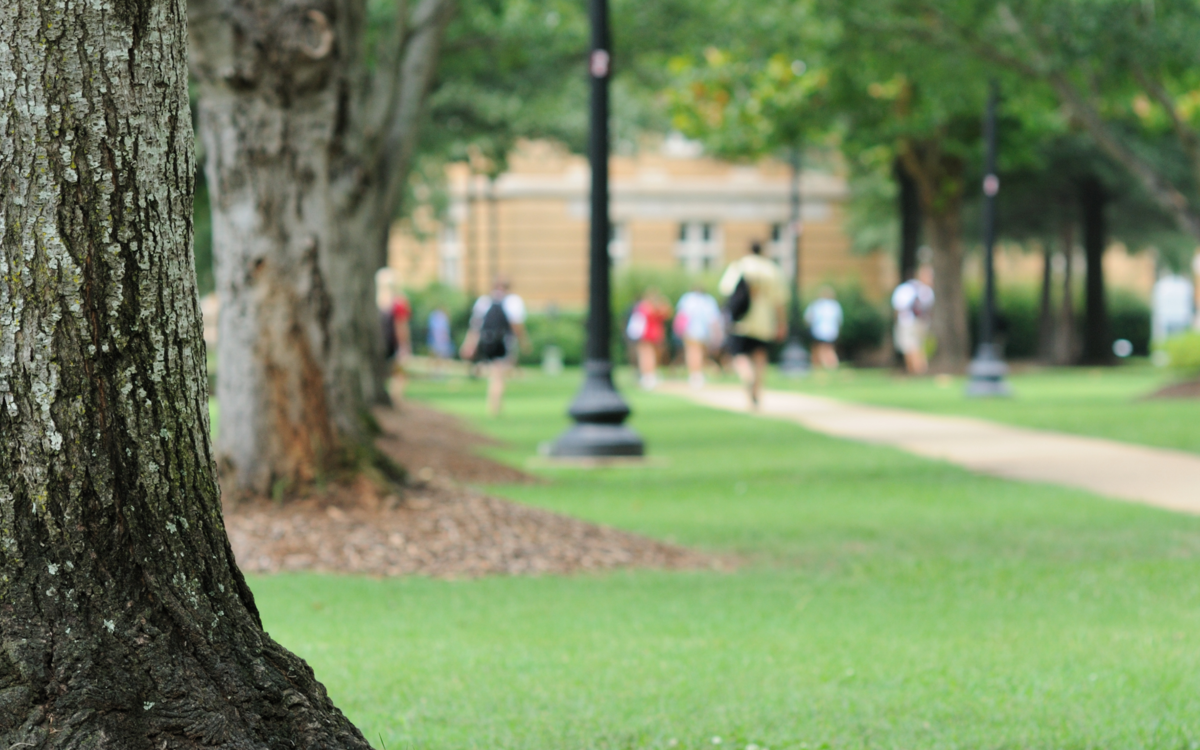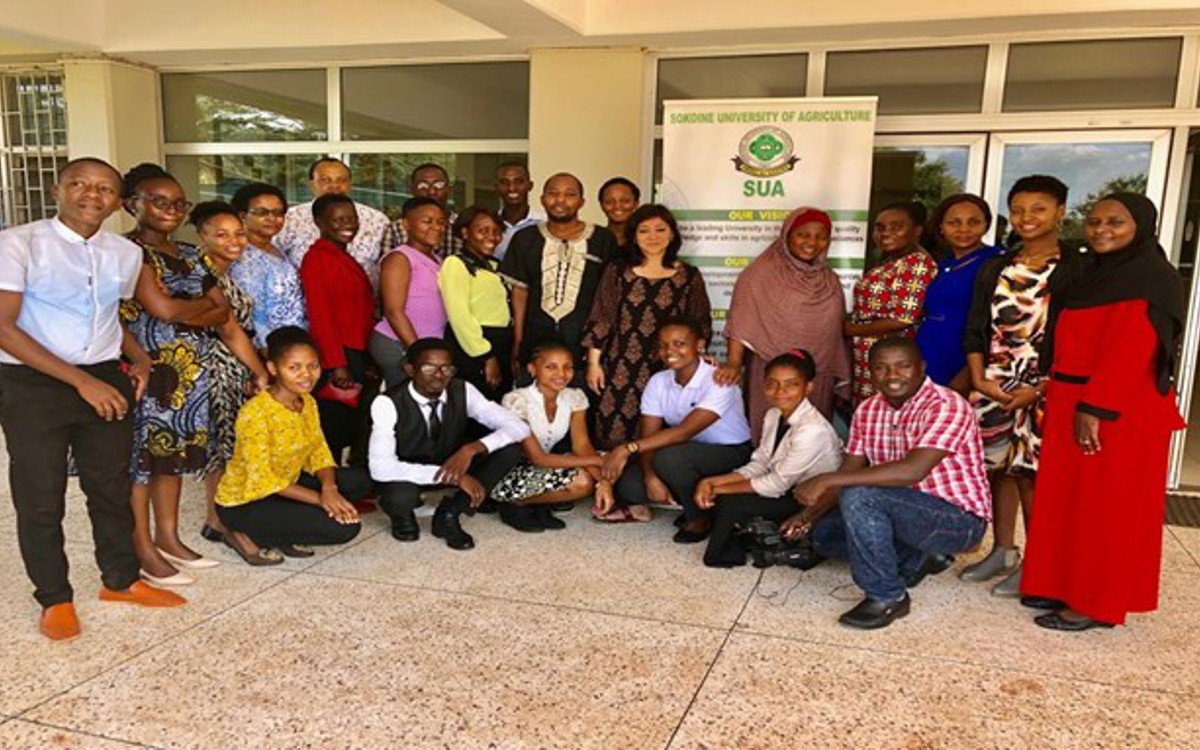By Sokoine University of Agriculture

While higher education offers transformational and positive experiences for many students and faculty, sexual and gender-based violence remains a problem in many university campuses around the world. Creating a university environment free of gender-based violence was at the forefront of Professor Fatihiya A Massawe's decision to apply for a Martha Farrell Fellowship.
'Creating and sustaining a safe working and learning environment is the role of the university, hence fighting against sexual harassment at the workplace should be our top priority,' explains Professor Fatihiya A Massawe.
Professor Fatihiya A Massawe's interest in combatting sexual violence was driven by life experiences. As Associate Professor, Researcher, and Consultant in Rural Development and Gender at Sokoine University of Agriculture (SUA) in Tanzania, Fatihiya saw real-life examples of sexual based violence unfold on campus.
'As a woman and public servant, I have witnessed people - either my colleagues or students - going through a problem of sexual harassment of different types. I realise that the problem exists, but it has been ignored by the public which in turn creates a devastating impact on the victims,' Professor Massawe recalls.
After seeing the Martha Farrell Fellowships advertised, Fatihiya knew that she wanted to use this opportunity to build and strengthen her understanding of how to handle sexual harassment on campus. The Fellowships offer university staff training to develop anti-sexual harassment initiatives for their campus.
Professor Massawe saw two main challenges in overcoming sexual harassment on campus - the first being a limited understanding of what is meant by the term sexual harassment.
'The majority of sexual harassment acts are perceived as normal although most of the members on the campus don't like them. This has created an environment that perpetuates the problem,' Fatihiya observes.
The second challenge was around a lack of a clear mechanism on how to handle instances of sexual based violence, which often resulted in the victims feeling like they needed to keep the matter a secret.
Following the fellowship, Fatihiya engaged in multiple activities to advance anti-sexual harassment initiatives on campus, including:
- Participating in two days of Training the Trainers (ToT) workshops on the prevention of sexual harassment at work. The participants included 30 selected student representatives, academics, administrative staff, representatives from the SUA Gender Policy Implementation Committee, and media representatives.
- Developing a draft anti-sexual harassment policy that pulled in diverse perspectives from a shared learning experience with other public universities in Tanzania on how anti-sexual harassment policies work. The public universities included Ardhi University, Dar Es Saalam University Campus of Education and the University of Dar Es Salaam. A student from the SUA gender club was also involved in the development of the policy which, Fatihiya explains, will 'promote surveillance and advocacy on the prevention of sexual harassment to create and sustain a safe working environment'.
- Conducting a stakeholder's workshop to collect views from SUA staff and students on the kind of policy they want, that will be able to address the problem of sexual harassment at the workplace.
Since the rollout of these activities, Fatihiya has noticed that the SUA community can now talk about sexual harassment more openly than before. 'I am receiving several individual students coming to report their cases and looking for the technical advice,' Fatihiya shared.
Other successes include introducing a pool of champions from the ToT workshop group who can talk about ending sexual harassment on campus and the willingness from the university management to support the initiatives on ending sexual harassment.
Looking to the future, Fatihiya and her colleagues will continue to build on the momentum they’ve started to sustain the conversation around ways to handle sexual harassment on campus, and support more women to come forwards.

The Martha Farrell Memorial Fellowship helps drive systemic change– both on campus and beyond. To date, fellows from ACU member universities across East Africa and Asia have benefited from the Martha Farrell Foundation’s expertise, receiving specialist training and support to combat sexual harassment and in turn boost equity and equality.
Working in partnership with the Martha Farrell Foundation highlights our commitment to advancing gender equity across the Commonwealth.

